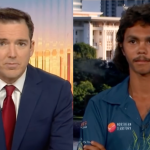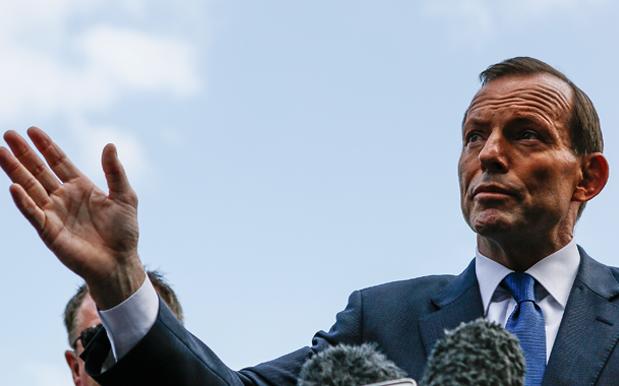
When you look at the current political landscape in Australia, is it fair to state that the best thing that Tony Abbott has done thus far in his term as Prime Minister is, by virtue of being so loathed by so many, inadvertently fostering a more politically active and engaged youth?
Democratic politics, by and large, is a game of negativity, particularly when it comes to public sentiment. The strong argument can be made that the public didn’t so much vote in the Abbott Coalition Government as they did vote out the incumbent Rudd ALP Government; punishment for violating the public’s trust in placing political pissing contests over proper policy. And that’s the way it should be. Politics as a topic is a public whipping boy; an outlet for the anger and frustrations of the public to be vented. In that sense, measuring a Government’s success can be done by judging the noise from the public. If things are going well, you’re not likely to hear much of a peep from a contented population. But if a Government is perceived to be performing poorly, that’s when protests start, and people begin shouting and hollering and trying to make their objections heard.
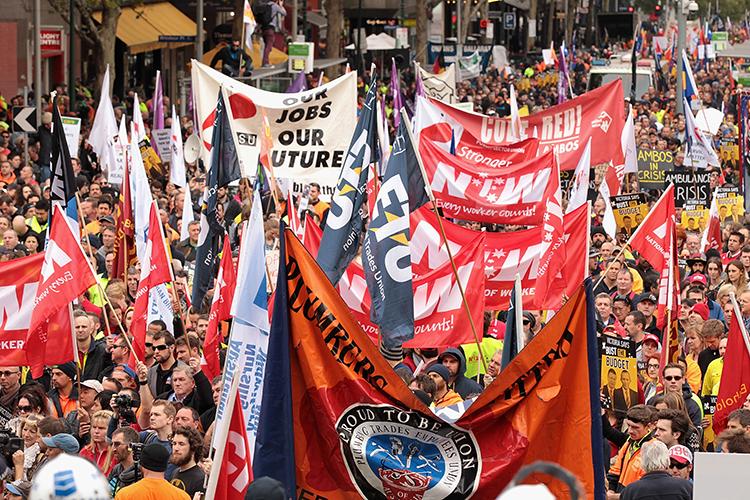
The reason for these reactions is relatively simple: liking something is easy, hating something takes effort. It’s the easiest thing in the world to like something; it takes no effort at all and comes as a reflex action. But to hate something – to really, truly oppose it – requires dedicated effort and attention.
It’s certainly hard to argue against the fact that more people are actively following political stories since the 2013 Federal Election. And this is perhaps none truer than in the case of the youth demographic – particularly those living in big cities. The March in March and March in May protests – against the Government as a whole, and the Federal Budget respectively – exist as stark visual evidence that negative policy has compelled people to become active participants in the democratic process – beyond simply voting – to the point where people feel the need to have their voice heard. Though it’s admittedly hard to gauge the demographical cross-section of those who took to the streets with a complete absence of quantifiable data to analyse, the raw numbers alone are hard to ignore. And, more to that, media outlets reported that many people marching were attending their first ever protest, such is the compulsion to provide a united voice against a Government that they feel under-represented by.
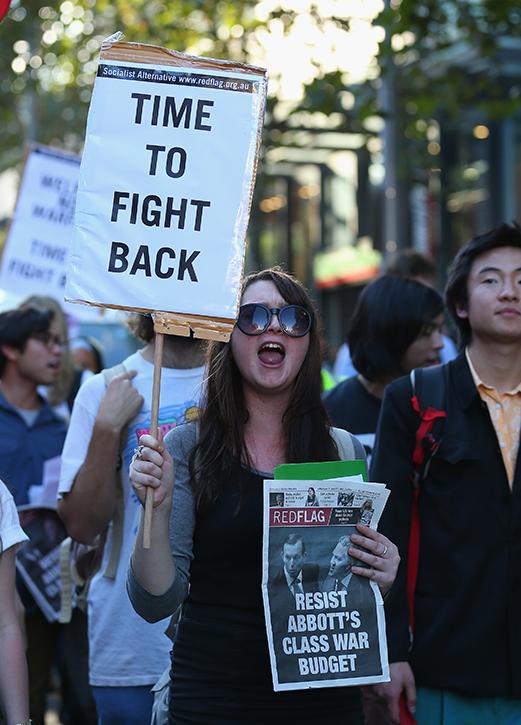
And it’s an under-represented feeling that’s certainly not without base or merit. From an economically objective standpoint, the latest Federal Budget provides little benefit for the youth demographic, not simply through areas that directly affect people on a financial level, but also in the key policy areas flagged by youth as important; areas primarily encompassing Education, Unemployment, Foreign Aid and Climate Change. More to that, Government itself is comprised of an age and socio-economic bracket that presents as a Old Boys Club that, on paper, is out of step with what the youth; largely aged 40 and above, with more representatives over 60 than under 39, with predominantly business, corporate, or political lobbyist backgrounds, and male by a ratio of 2 to 1.

So with a perceived lack of “official” representation in Parliament, Youth Political Engagement manifests in different manners. Through the voting process, this becomes readily apparent. In the 2013 Federal Election, voter stats gathered by the ongoing Australian Election Study show that no incoming Prime Minister has been rated as low as Tony Abbott since the study began in 1987. In addition, voters who did vote Labor – or, at least, voted against the Coalition – made doubly sure that their preferences did not end up with the Liberal party. The destination of minor party votes directed to the Coalition dropped a staggering 15 percent in the House of Representatives when compared with results from the 2010 election, and a similar 15 percent drop was recorded in the Senate.
In addition, it’s interesting to note that, via the data collected, the ALP held a surprising lead over the Coalition in every key election issue with the exception of Immigration and Taxation.
But beyond the voting process, people have been getting involved in other ways: the ABC‘s weekly talk show/political shitfight Q&A sees spikes in ratings when key Parliamentary officials appear as guests. Tanya Pilbersek‘s appearances draw increased numbers of viewers, and the special episodes involving solitary panellists, such as the recent post-Budget grilling of Joe Hockey are among the show’s most watched over the past eight months*.
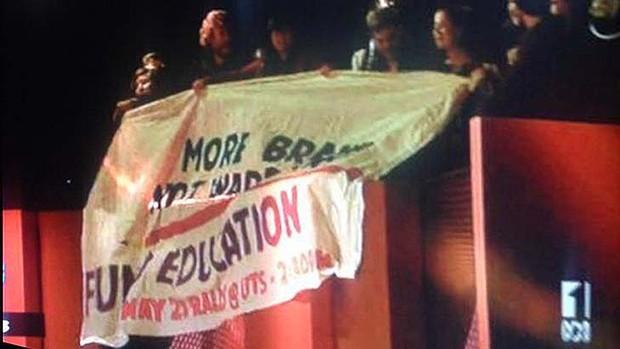
Even our own readership here at Pedestrian.tv is a good example of where people’s active attentions and interests lie; our political stories – particularly those focused on Abbott himself – attract high range numbers of people interacting with the post, both through simply reading the articles and by venting their own thoughts in comment sections. From a sheer rate of numbers alone, it’s clearly an area of interest that has ramped up in the months following September’s Federal election.
From a Government that rolled into town on a mission to slash, burn and take away, it’s rather hard to argue against the fact that the thing they’ve actually given that is of most benefit to a wholly democratic society is the impetus for people to become more actively involved in the processes of governance that affects – both directly and indirectly – the things they care deeply about.
Which way you voted last year is, now, something of a moot point. Under previous Governments, the role of the public in democracy might well have ended the moment the last vote was counted. But under the current Abbott Government, whether you like them or not, it cannot be denied that more feet are being compelled to move than ever before.
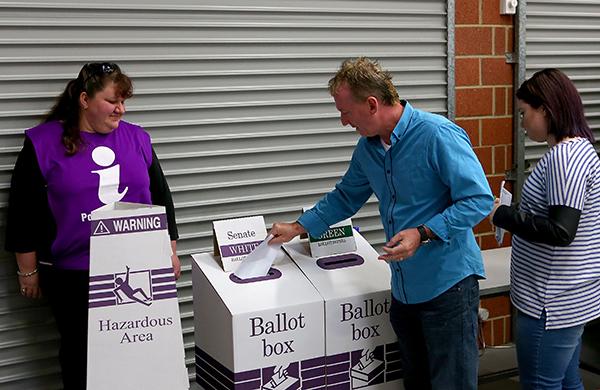
The direct causation may remain unclear – it could be legitimately poor governance, it could be the increasingly connected media cycle, it could just be dumb luck – but what cannot be denied is that the roar from the people is perhaps louder now than it ever has been.
Long term, that can only result in a more engaged and aware society; a trait that will exist only for our own betterment.
Photos: Putu Sayoga, Robert Prezioso, Robert Cianflone, AFP and Paul Kane via Getty Images.
*Source: OZTam ratings/TV Tonight.



